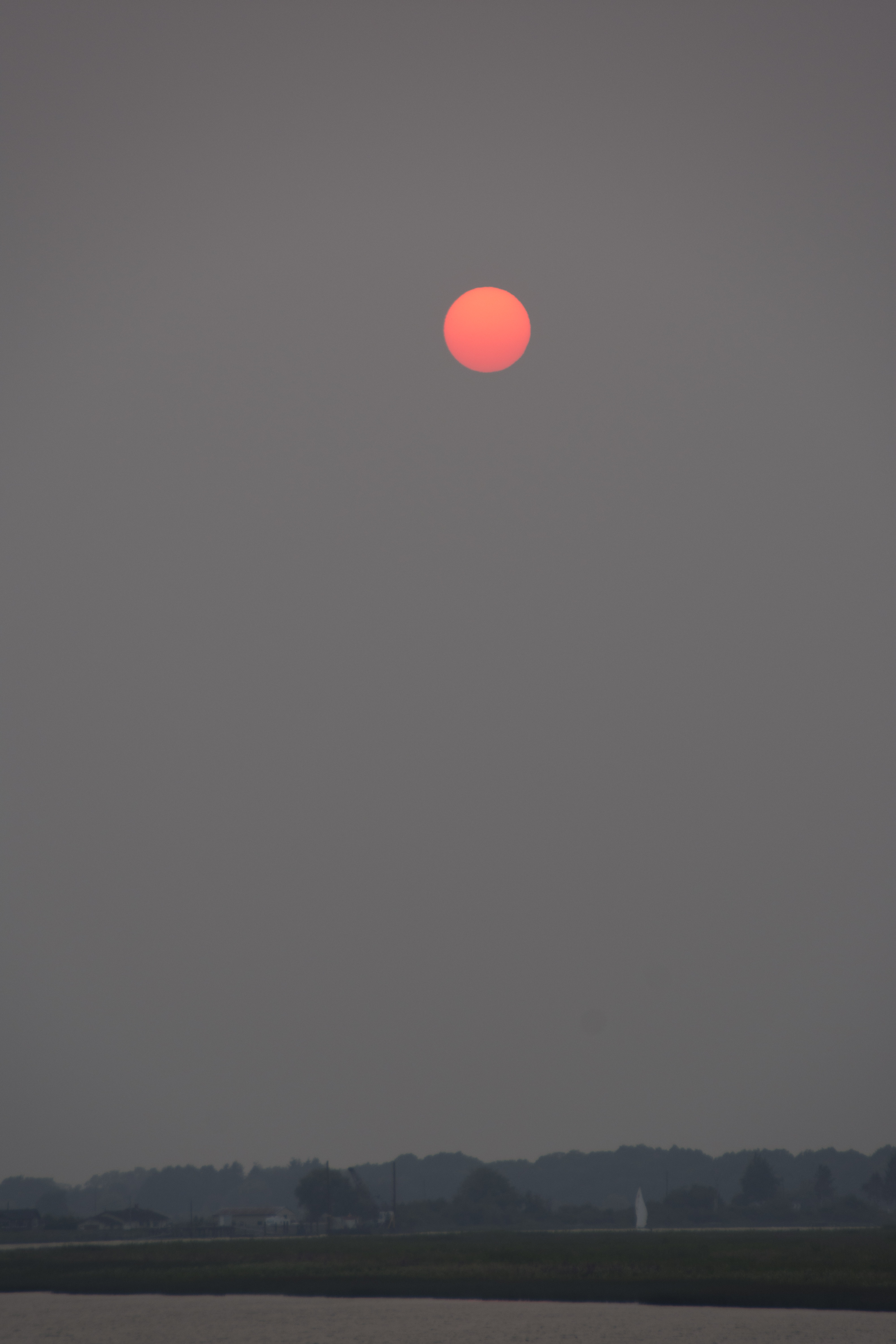 In 2023, the Canada wildfires that incinerated more than 17 million hectares of boreal forest were so hot they … smoldered underground all winter. That heat created vast columns of rising air, carrying dust, volatile organic compounds, and huge quantities of a simple particle with the potential to exacerbate climate change: black carbon. Commonly known as soot, black carbon is a type of pollution formed by the incomplete combustion of fossil fuels or biomass such as trees. It’s a risk to human health, having been linked to respiratory and cardiovascular diseases. It’s also a potent short-term warming agent. Black carbon absorbs copious heat from the sun and, when it coats a layer of ice or snow, reduces its ability to reflect solar energy back into space. …The research on black carbon needs to be updated as more becomes known about the aerosol, and that makes tracking wildfire smoke even more important.
In 2023, the Canada wildfires that incinerated more than 17 million hectares of boreal forest were so hot they … smoldered underground all winter. That heat created vast columns of rising air, carrying dust, volatile organic compounds, and huge quantities of a simple particle with the potential to exacerbate climate change: black carbon. Commonly known as soot, black carbon is a type of pollution formed by the incomplete combustion of fossil fuels or biomass such as trees. It’s a risk to human health, having been linked to respiratory and cardiovascular diseases. It’s also a potent short-term warming agent. Black carbon absorbs copious heat from the sun and, when it coats a layer of ice or snow, reduces its ability to reflect solar energy back into space. …The research on black carbon needs to be updated as more becomes known about the aerosol, and that makes tracking wildfire smoke even more important.